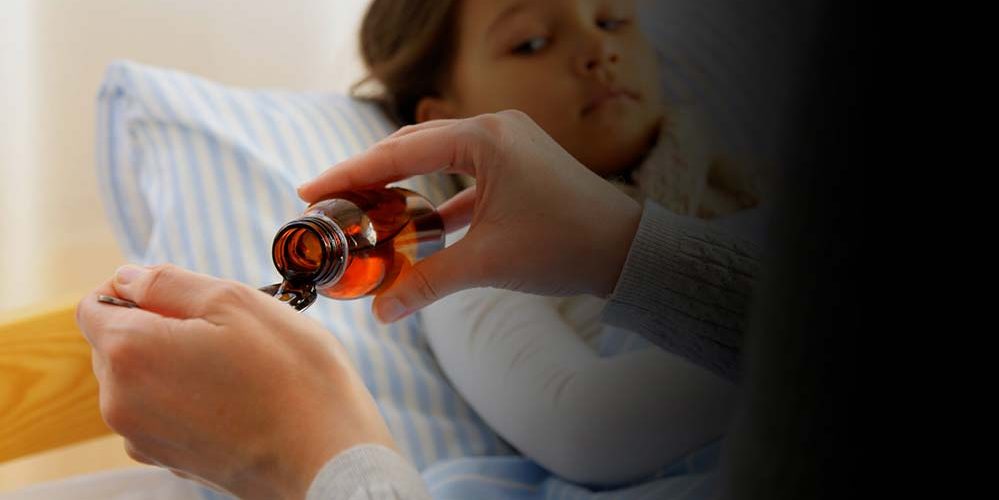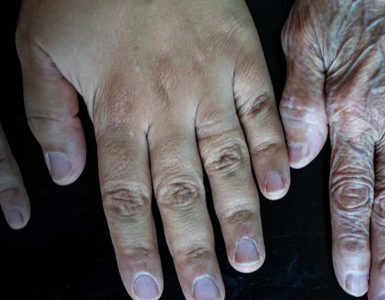Because of ease of usage, children are often given oral medicines in the form of syrups. But there are some disadvantages to it. Syrups have A high concentration of sugar. It is used to provide stability and preservation to the formulation, but it also serves as food for microorganisms, since many microbes thrive on glucose (simple sugar molecule). Therefore, syrups have a limited number of microorganisms present.
This risk of bacterial growth is more in certain regions and during a particular time of the year. A team of researchers from Nigeria studied the bacteria load of the isolated bacteria from cough syrups sold in Sokoto metropolis, North-Western Nigeria.
The results of the study are published in the journal of Medical Sciences. They found that the samples showed bacterial contamination. Most samples contained bacterial contamination within the specified limits and were safe for consumption while only 20% of samples had objectionable bacterial organisms which made the syrups unfit for consumption. The potentially pathogenic organisms isolated were Staphylococcus spp., Streptococcus spp., Pseudomonas spp., Escherichia coli, Salmonella spp., Bacillus spp., and Klebsiella spp., with Bacillus spp., having the highest occurrences (7 out of 10 samples) among the bacterial contaminants.
The authors recommended in the paper that; “good manufacturing practices are put in place from quality control of raw materials to packaging of the product and proper usage of effective and efficient preservatives to reduce bio-burden, proper storage to forestall physical and microbial spoilage and good hygiene on the part of personnel is important to prevent contamination during handling of the product”.
















Add comment